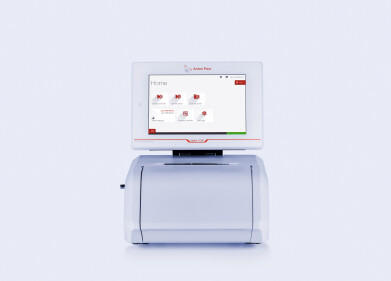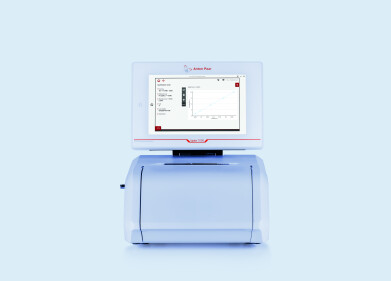Mass Spectrometry & Spectroscopy
Are Women More at Risk of Long COVID?
Nov 19 2020
New research from King’s College London suggests women between the ages of 50 and 60 are more at risk of developing ‘long COVID’. Led by Dr Claire Steves and Professor Tim Spector, the study analysed data collected from more than 4100 users of the COVID Symptom Study app. The findings suggest that age has a direct correlation with ongoing health conditions caused by COVID-19.
Leveraging the COVID Symptom Study
Developed by scientists at King’s College London, the COVID Symptom Study app tracks the ongoing health of patients who have tested positive for the virus. It currently monitors the health of more than 4 million patients around the world, combining user reports with advanced computer algorithms to deepen scientific understandings of COVID-19. Results suggest women aged between 50 and 60 are 50% more likely than men to continue suffering from COVID-19 symptoms for more than a month. After the age of 60, the risk of suffering from ‘long COVID’ is similar.
Compared to women aged between 18 and 30, females in the 50 to 60 age bracket were eight times more likely to develop long-term symptoms. Spector compares the pattern to that seen in autoimmune diseases, which are also more prominent in mature-aged women.
“Things like rheumatoid arthritis, thyroid disease and lupus are two to three times more common in women until just before menopause, and then it becomes more similar,” says Spector.
The link between gender and immunological response
He theorises that immune system responses vary depending on gender, which could influence how the body fights COVID-19 and whether a patient suffers ongoing symptoms. This could help explain why patients that develop five or more symptoms during the first week of infection are also more likely to suffer from ‘long COVID’.
“There’s certainly a group of long COVID sufferers that have this multi-system immune–like disease, where they get gastrointestinal problems, skin rashes, nerve problems and brain fog – so the whole body is involved rather than just one bit,” explains Spector.
For Spector and his team, the data could play a critical role in managing the COVID-19 pandemic and developing new treatments and vaccine concepts. “This important information could feature in highly needed targeted education material for both patients and healthcare providers,” reads the report. “Moreover, the method could help determine at-risk groups and could be used to target early intervention trials of treatment (for example, of dexamethasone and remdesivir) and clinical service developments to support rehabilitation in primary and specialist care to alleviate Long-COVID and facilitate timely recovery.”
To find out more about the latest scientific breakthroughs don’t miss ‘Benchtop NMR – Bringing New Access to Technology to the Next Generation of Scientists.’
Digital Edition
Lab Asia 31.6 Dec 2024
December 2024
Chromatography Articles - Sustainable chromatography: Embracing software for greener methods Mass Spectrometry & Spectroscopy Articles - Solving industry challenges for phosphorus containi...
View all digital editions
Events
Jan 22 2025 Tokyo, Japan
Jan 22 2025 Birmingham, UK
Jan 25 2025 San Diego, CA, USA
Jan 27 2025 Dubai, UAE
Jan 29 2025 Tokyo, Japan



















